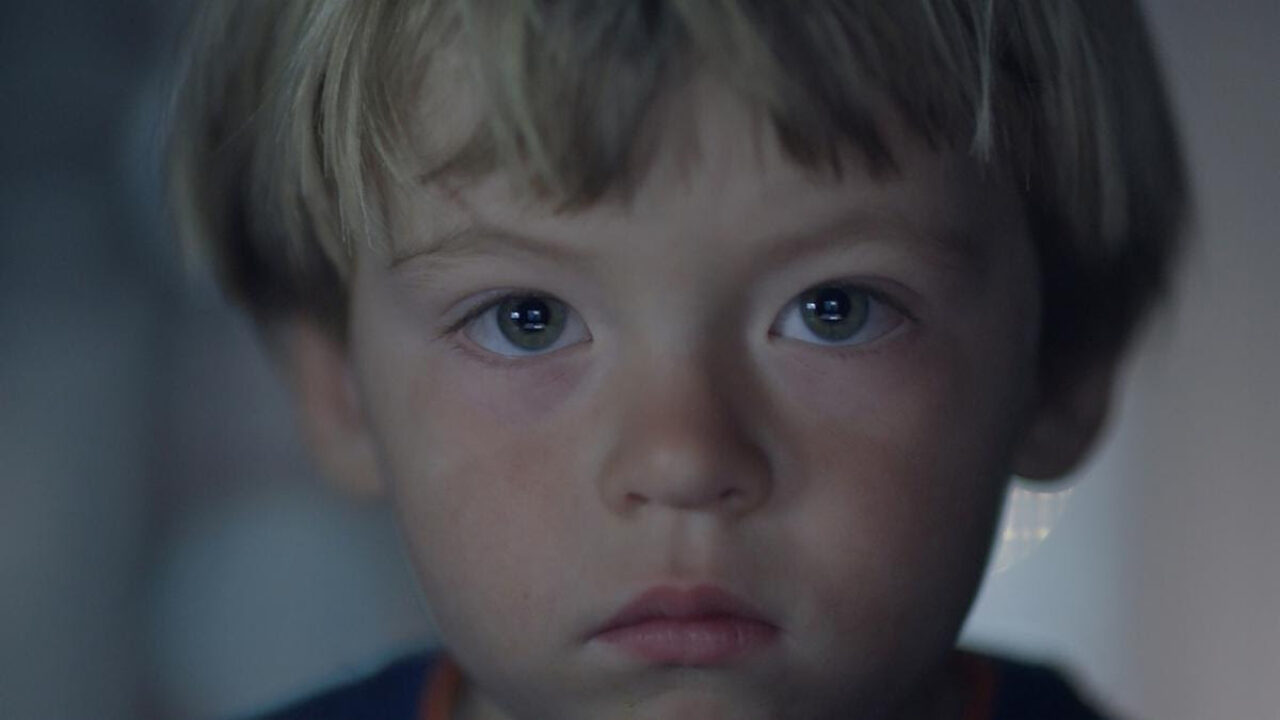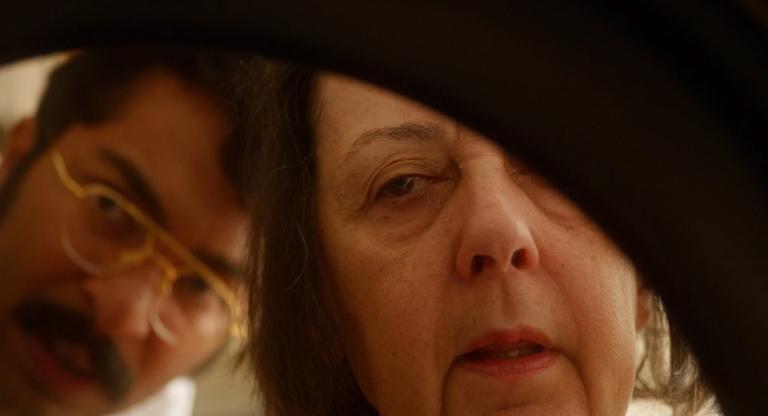Users (2021), an essayistic documentary by Natalia Almada, explores how technology is changing the natural world in visible and invisible ways. The film marries images of cresting ocean waves and cracking desert expanses with shots of greens growing in vertical farms, embryo labs at IVF clinics, and underwater fiber-optic cable landings. The film is grounded in a question posed at its beginning by the narrator, speaking as the earth: Will my children love their perfect machines more than they love their imperfect mother?
In Users, Almada’s world is desolate, minimally arranged, and often symmetrical. Rarely does she reveal the visually chaotic, densely populated nature of contemporary urban life. This vision is calculated, as if to presage a post-human reality made perfect and clean by automation. The film’s swelling score, performed by the Kronos Quartet, and its sweeping bird’s-eye-view shots of the changing landscape give it a feeling of melancholy grandeur. Almada’s pacing is slow and deliberate, her sequences of dirty water bubbling through tubes at a filtration plant and tangerine flames eating through brush during a wildfire linger for minutes, sparsely accompanied by narration.
Though Almada’s landscape imagery is balanced with some shots of people, these individuals rarely talk. One of the rare exceptions is also one of the film’s most engaging moments. An old oil man, clutching a squirming chihuahua, tells an interviewer off camera about his lonely life and dying industry. He begins to sing to the chihuahua about how it’s going to be in the movies and famous like Rin Tin Tin. But the weird human warmth of the moment is cut short by the wooden din of proprietary AI, as Siri interjects with a description of the once famous German Shepherd.
Users is less interested in offering new or challenging insights into our society’s technological interventions than it is in elegantly rendering anxiety. The film taps into the unique unease of mothers—how the yawning abyss of an unknown future is pregnant with a billion named and unnamed threats to their children. The narrator wonders if her children will experience fresh produce or a landscape not covered by solar panels. The question she’s really asking is more harrowing, more self-interested: Will my experiences—the things I’ve felt, seen, loved—be unfamiliar to them? Throughout the film, Almada showcases how technology can take on the aims of the human mother—crying infants are rocked to sleep by smart bassinets and toddlers are lulled into docile sedation by screens. But as they create ease, these functions also threaten to disrupt the lineage of familiar experiences that we expect to pass down through generations. With her previously essential presence taken over by machines and with the earth she knew becoming less recognizable, the narrator seems to wonder, who will hold my memories? But we already know the answer: 50G of iCloud storage space is available for $.99/month.
Users screens through June 15 at BAM. Director Natalia Almeda will be in attendance at tonight’s screening, June 10.



